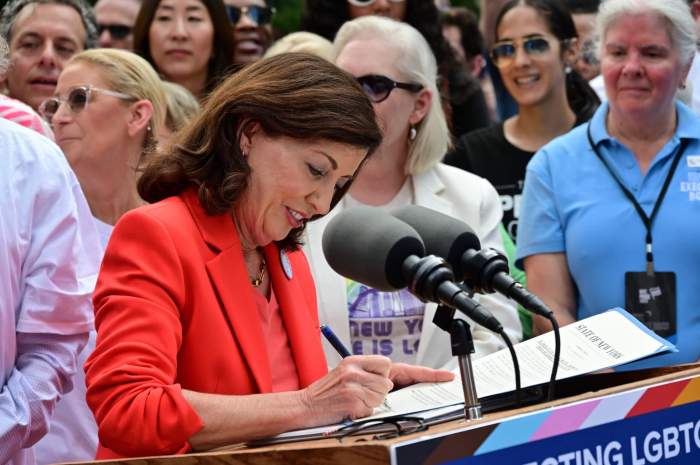MUMBAI (Reuters) – India’s macroeconomic fundamentals remain strong but the unfolding global developments pose downside risks in terms of spillover, the Reserve Bank of India said in its monthly bulletin on Thursday.
“The ongoing geopolitical crisis has heightened the uncertainty clouding the global macroeconomic and financial landscape even as the world economy struggles to recover from the pandemic,” the RBI wrote, adding that the uncertain economic outlook has increased risks to emerging economies.
Even though India is making steady progress on the domestic front, the spiralling oil and gas prices and unsettled financial market conditions also pose fresh headwinds to the still incomplete global recovery, it observed.
The RBI also said that a rapid and large withdrawal of fiscal support risks pushing the economy over the cliff into a sharp downturn.
“Exiting policy makers have to contend with the razor’s edge trade-off between cliffs and ramps,” RBI added.
It has continued with the accommodative stance even as inflation has inched up and had left the key lending rate unchanged, keeping it at record lows in the last central bank policy announcement held in February.
RBI once again highlighted the risks emanating from virtual currencies and noted that crypto technology is underpinned by a philosophy to evade government controls and threaten the financial sovereignty of a country and make it susceptible to strategic manipulation.
“They can (and if allowed most likely will) wreck the currency system, the monetary authority, the banking system, and in general government’s ability to control the economy,” RBI wrote.
Last month, the central bank had delivered a stark warning against investing in cryptocurrencies and had compared it to Ponzi schemes, adding that they should be banned.
(Reporting by Nupur Anand; Editing by Chizu Nomiyama)























